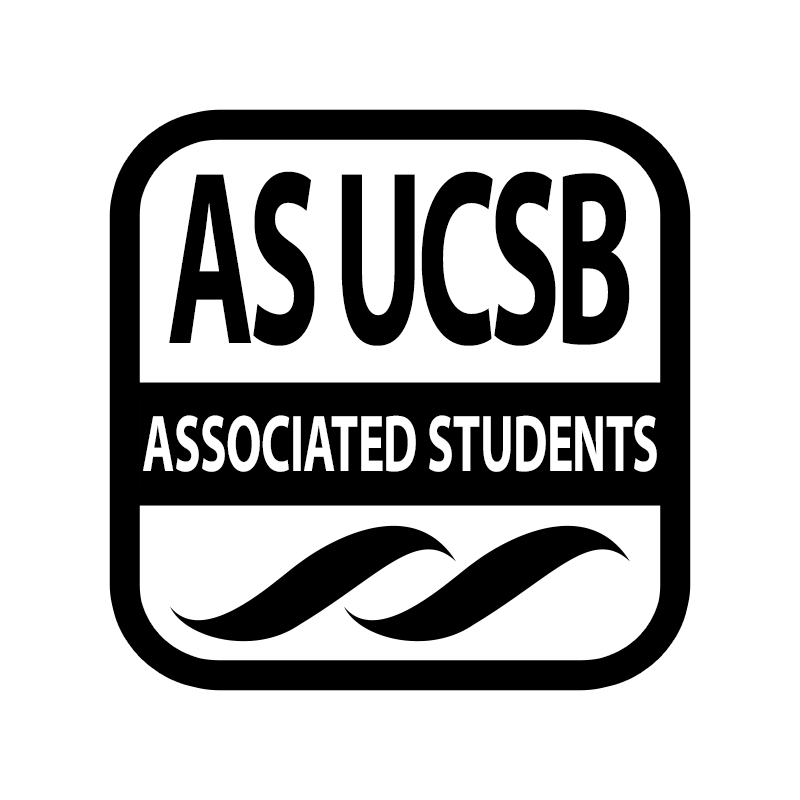INTRODUCTION

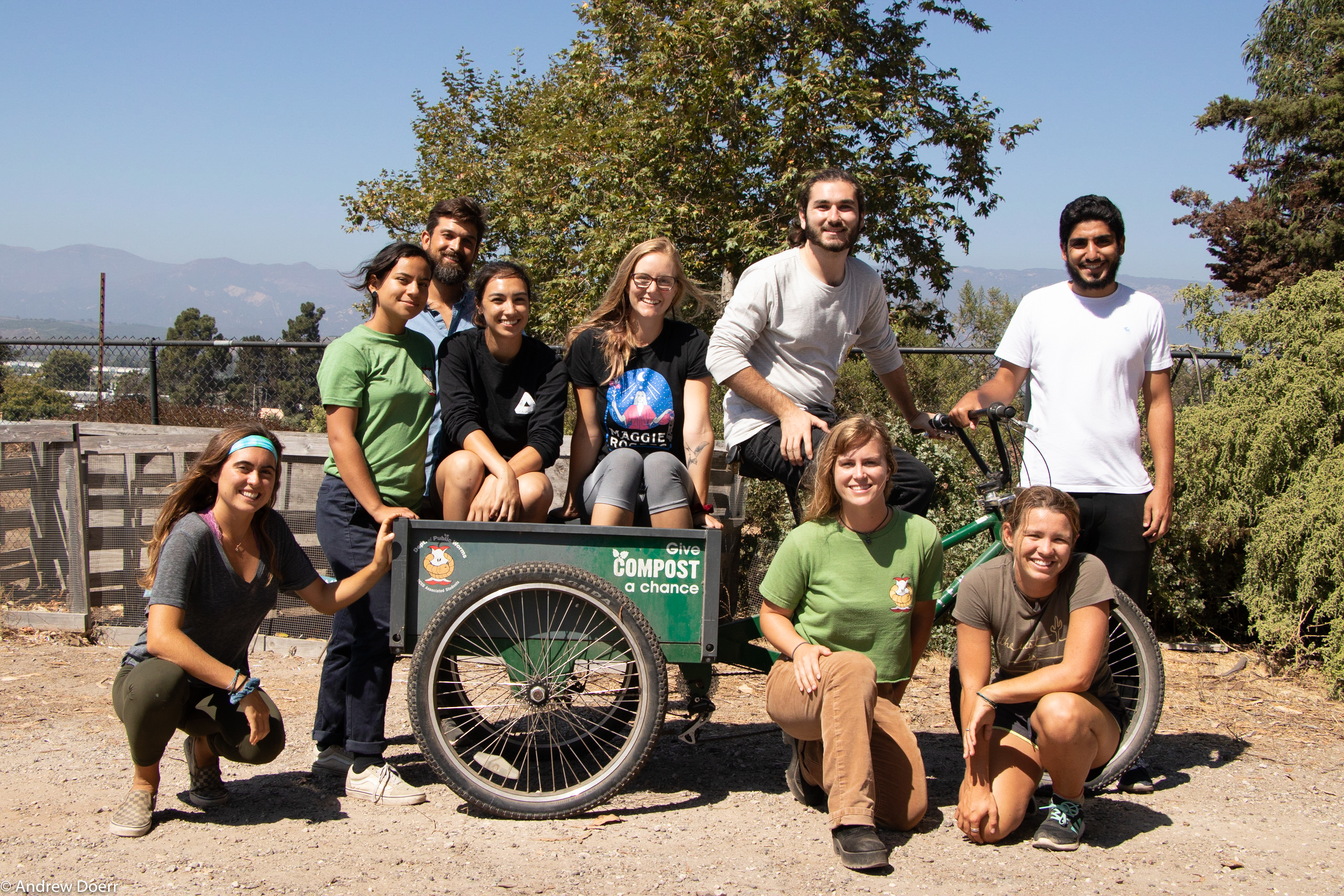
Photo: Andy Doerr
Public Worms is a student-run, student-funded organization here at UCSB that plays an active role in alternative campus waste management through composting, workshops, and their experimental, educational garden. They teach fellow students about reducing their own food waste that is sent to the landfill and about how to reuse that waste to grow more food.
DPW serves the campus community in a variety of ways and gives students hands on experiences that extend well beyond worm wrangling. All of their initiatives require a range of skills that help prepare them for life after UCSB, including organization, outreach, publicity, and negotiating with campus administration and community stakeholders. They also lead to life long friendships and support networks. Here are some of the ways students engage with campus through the DPW.
EDIBLE CAMPUS STUDENT FARM GRAND OPENING
This year’s signature event was the grand opening of the Edible Campus Student Farm. Supported by donations from Jack and Kim Johnson’s Ohana Foundation the garden opened seven months after the first garden beds were built. The Edible Campus program is described more fully below. You can read about the opening of the garden in the UC Santa Barbara Current by clicking here or by scrolling to the bottom of this page.
COMPOSTING
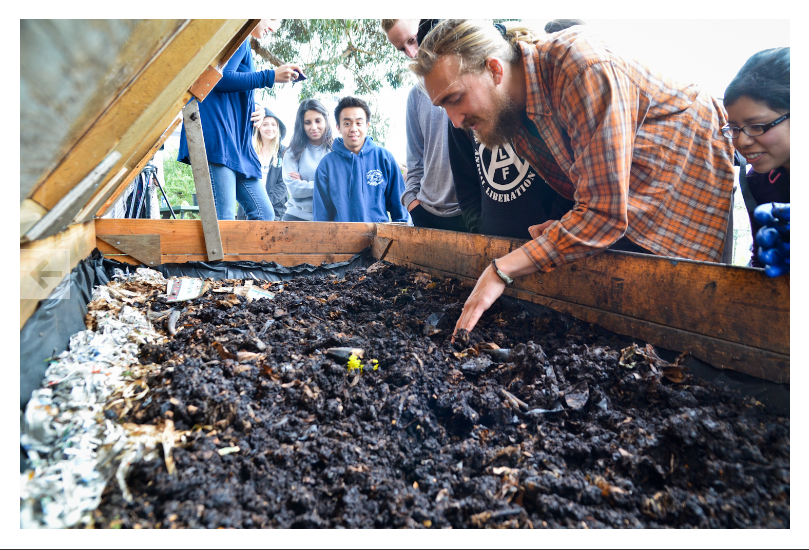
UCSB has an impressive composting infrastructure that is getting better every day. There are programs in place that process compostable waste both on and off-site, and a large portion are nearly invisible to the campus community as a whole. Like recycling, several departments all play a role in composting waste. Here’s how it’s currently described on the DPW website.
Compost Drop-Off Bins
Anyone at UCSB can use one of the DPW compost drop-off bins for any food or compostable products! They are located at the Arbor, Coral Tree, Courtyard Cafe, the Ellison courtyard, behind the UCen and in the Bren courtyard. Most are large units with yellow doors, but some look just like other recycling bins on campus (except for the label of course!) This compost is added to DPW’s commercial compost pickup.
Paper Towel Composting
The AS Zero Waste Committee began a paper towel composting program in the Ellison Hall restrooms in 2013. Students initiated the project by auditing paper towel waste for each floor in the building on a daily basis to check the effectiveness of signage and rate of contamination. When the pilot was deemed successful, collection was turned over to the building’s custodial staff as part of their regular duties. Paper towel composting is being expanded across campus as resources permit.
Family Housing Compost
Both Storke and West Campus Family Housing complexes have their own on-site composting programs! Residents drop off their kitchen food waste in the igloo-shaped bins located near the garden plots, and Department of Public Worms staff mix it in with the actual composting piles at a controlled rate. To avoid pests, pathogens and odors, please do not put meat, dairy, or oils in the bins. Once a pile has finished composting, it will be turned over to the residents for use in their gardens!
Vermicompost
Department of Public Worms students pick up food scraps from the Ortega and De La Guerra Dining Commons kitchens and feed it to thousands of red wriggler composting worms. These worms turn unwanted food scrap into amazing compost and liquid fertilizers that can noticeably improve garden plants. DPW Worm Tea is used on campus and available for purchase by the general public. It has fed many a garden over the years.
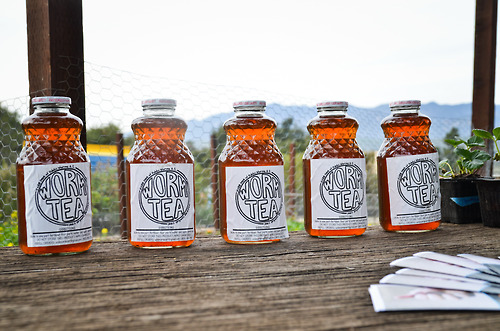
Grounds to Grounds
Grounds to Grounds is another major on-site composting program. Facilities’ grounds staff collect buckets of used coffee grounds and filters from the campus coffee carts each day and add them straight into the campus landscaping beds where they break down quickly and add plenty of nitrogen to the soil! You may have heard that coffee grounds are too acidic to be used directly like this, but in reality almost all of the acid is washed out during the brewing process. This very simple program composts about 2 tons of coffee grounds each month, with huge peaks during finals week of course!

Composting at the Dining Commons and UCen
DPW’s student staff collects food waste from several dining halls on campus including De la Guerra, Ortega, and Carrillo. They sort out worm food from the collections and feed each of their 8′ x 4′ worm bins about 100 lbs of food each week. The rest of the food that is not suitable for vermicomposting is processed through a solar heated hot compost system. Because their process is a relatively small-scale project, they unfortunately cannot process any meats, dairy, or oils.
DPW’s on-site composting programs collectively divert about 5 tons of food waste from landfills each month. That may seem like a lot, but it’s nothing in comparison to the quantity of food waste being generated at the Housing and Residential Services Dining Commons and at the UCen. Both departments compost all scraps from the kitchen (peels, stems, the parts that don’t make it onto your plate). The Dining Commons also compost everything students send back to be cleaned after they’re finished eating. Several outlets at the UCen, such as Root 217, Romaine’s, and Starbucks, have converted to all compostable products, and more are following.
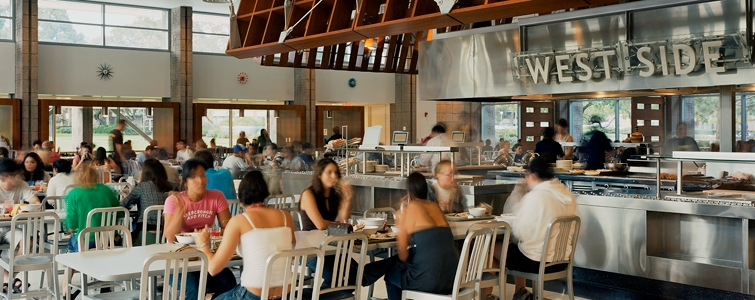
Collectively, these two departments compost about 90 tons of food waste every month. DPW is in no way equipped to deal with quantities this large on campus, so all Dining Commons (other than the small portion that DPW takes for the worms) and UCen food waste is picked up once a week by Marborg and taken to Engel & Gray a commercial composting facility in Santa Maria.
There are several advantages to using a commercial composting facility. Most importantly, Engel & Gray allows DPW to compost almost 20 times as much food waste as it would otherwise be able to handle on site, and therefore makes UCSB one of the better composting campuses in the country. It also allows DPW to compost a wider variety of materials, including meat, dairy and oils, that are not a problem for a large scale facility but can cause huge issues in a small system. Engel & Gray’s 90-day cycle, as opposed to the 45-day cycle most facilities use, lets DPW use compostable plates, utensils, and other items and be assured that they will completely break down.
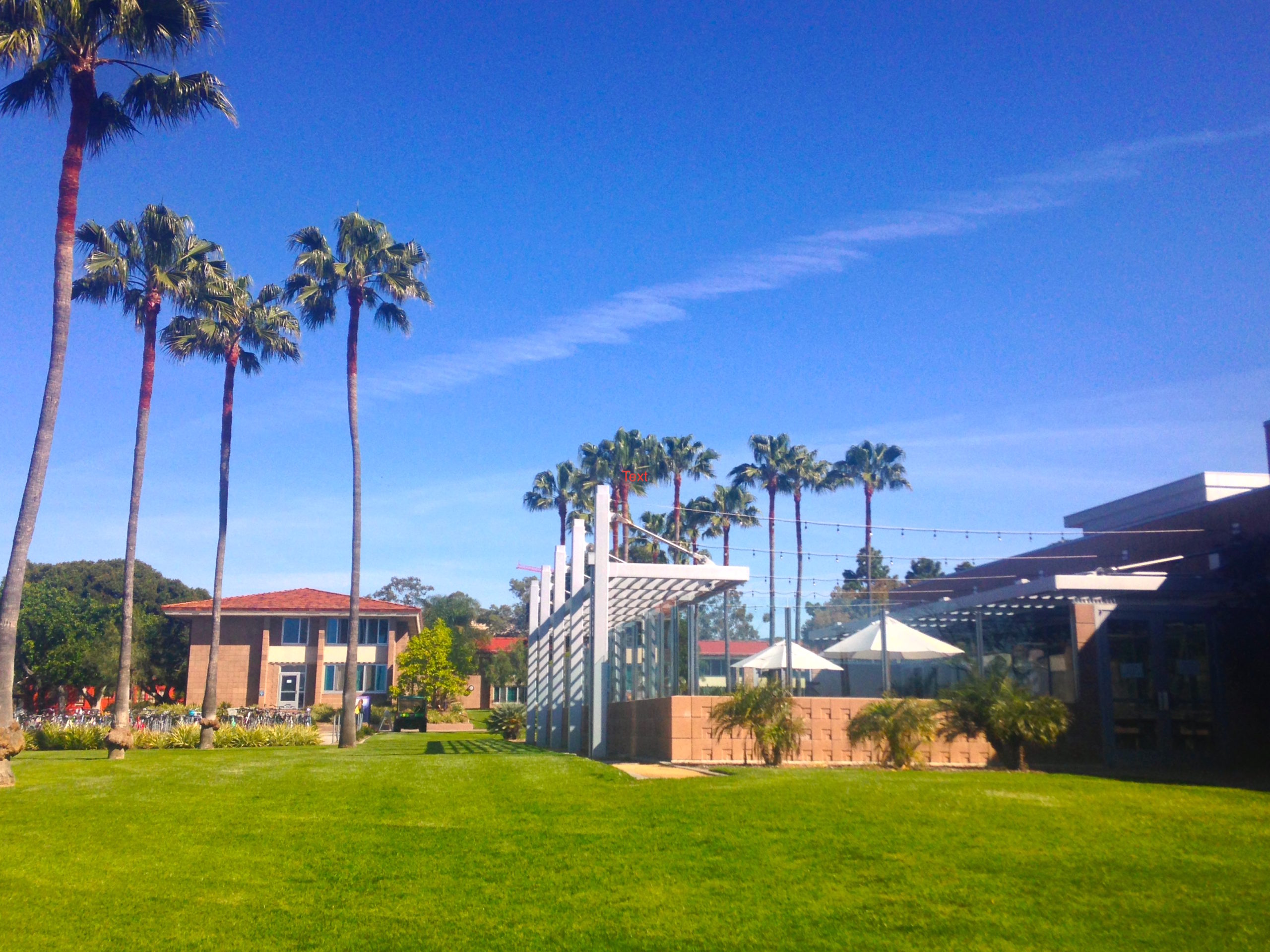
Family Student Housing
DPW also services both the West Campus and Storke Family Student Housing complexes. It’s worm wranglers process food waste twice a week from the compost receptacles located in the garden areas of each complex. Students sort out any trash or recyclables that cannot be composted, and turn the piles for the residents. Once the compost is finished, residents get to use the compost for their gardens. In this way, DPW encourages fellow students to use organic soil amendments instead of synthetic or artificial fertilizers.

Edible Campus Program
DPW is also involved in the operations of the Edible Campus Program, a collaborative effort between the A.S. Food Bank and UCSB Sustainability that aims to transform underutilized spaces on campus into productive gardens that will supplement the Food Bank with fresh, organic, fruits & vegetables.
Students tend to the citrus trees located in Storke Plaza just below Storke Tower. The first two Washington Navel Orange trees were donated by Jack and Kim Johnson’s Johnson Ohana Charitable Foundation in Summer 2015 and four more Tango Mandarin trees were added in August 2016.
DPW also manages the vertical gardens located behind the Recreation Center that produce peppers and tomatoes.
Edible Campus Student Garden
A project many years in the making, The Edible Campus Student Farm, is now producing crops and DPW Worm Wranglers have kept the garden flourishing, even after COVID 10 descended on our campus. They diligently planted, watered, and harvested all the food produced to and donated it to the A.S. Food Bank. DPW is proud to be able to share the fruits of students’ labor with their peers.
Once all three Edible Campus installations — the orange trees, the tower garden and now, the farm — are in full production mode, UC Santa Barbara hopes to double, from 25,000 pounds to 50,000 pounds, the amount of fresh produce distributed annually by the A.S. Food Bank.
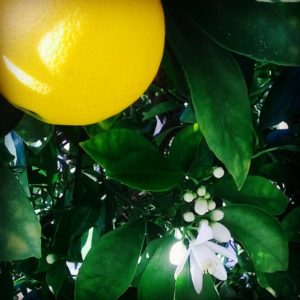
Experimental Garden
DPW has a garden in its workspace where students try new gardening methods. All the fruits, vegetables, and herbs are grown using organic methods without harsh chemical pesticides or synthetic fertilizers. Students start seedlings in a greenhouse, where they also brew worm tea fertilizer from the worm castings they make in our worm bins from all the food they collect at UCSB.
OUTREACH
Education is also very important to Dept. of Public Worms, and they host several workshops through winter quarter, in addition to attending events in Isla Vista, participating in R.A. hosted events, and presenting information to other small campus groups and organizations.
Some major events DPW typically tables at are:
Pardall Carnival
Zero Waste Festival
Santa Barbara Earth Day
Isla Vista Earth Day
Sadly, several of these events would have taken place during spring quarter, and therefore were canceled due to COVID 19!
STAFF
Here are the people who made it all happen this year!
Worm Wranglers
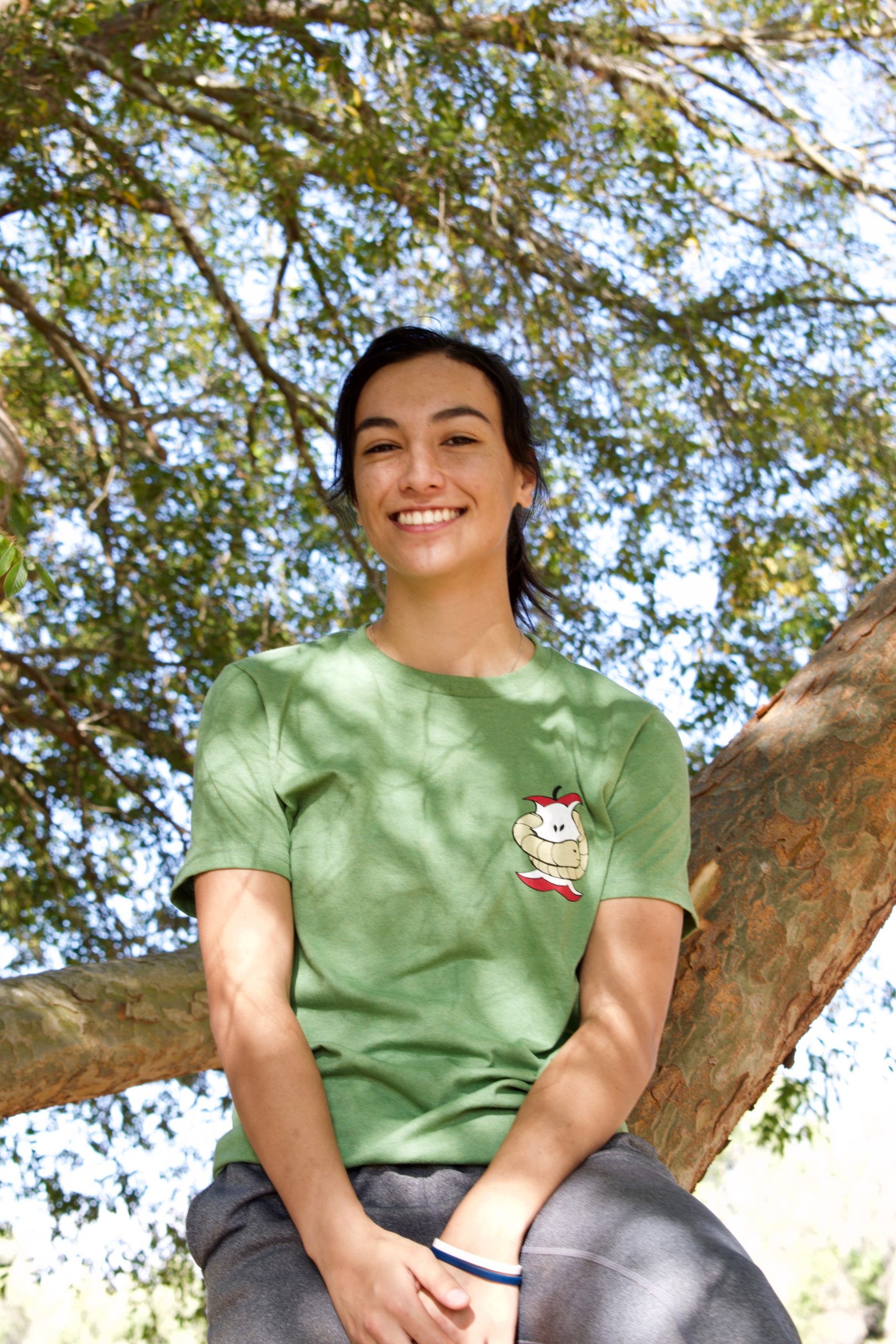
Alexa
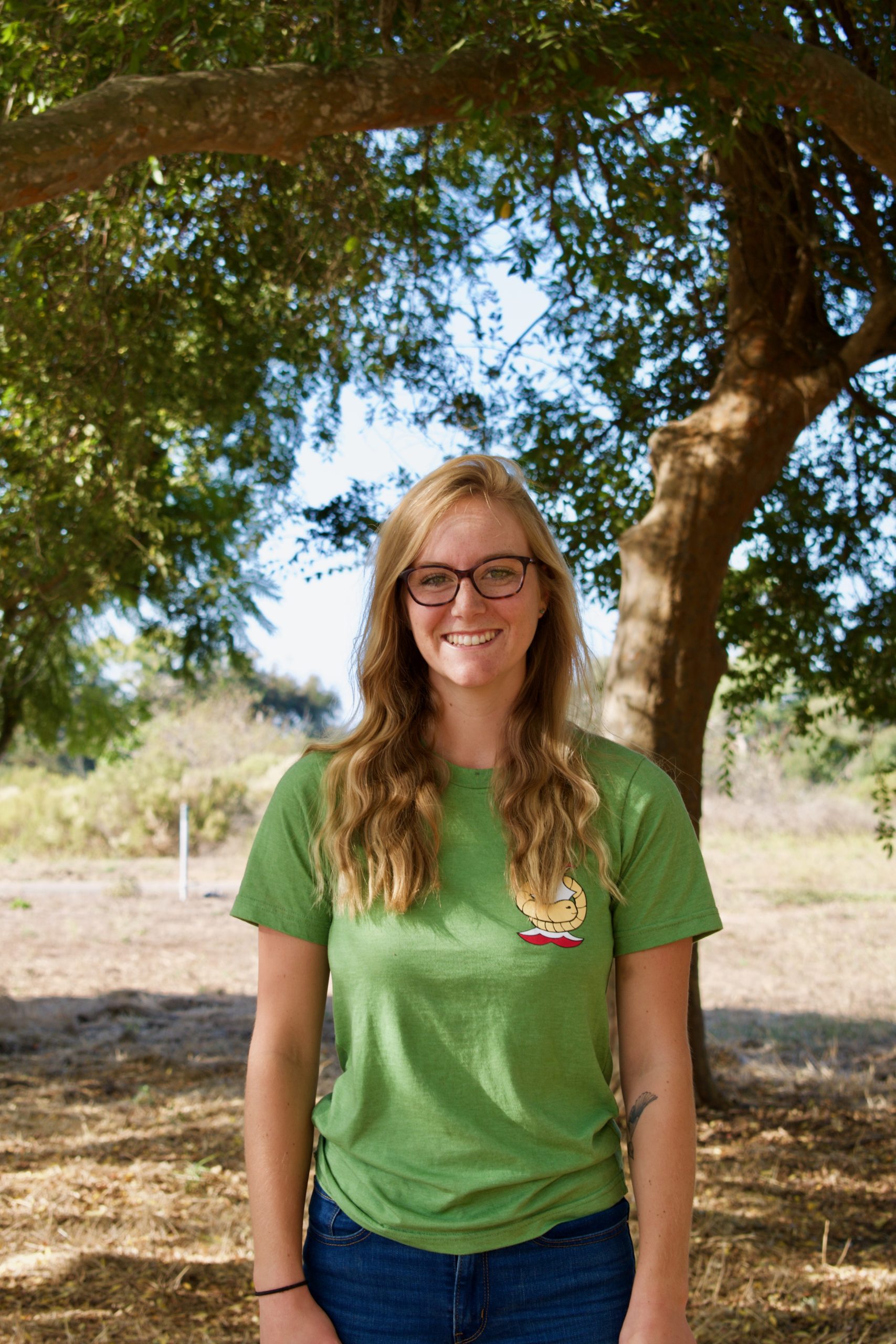
Alex
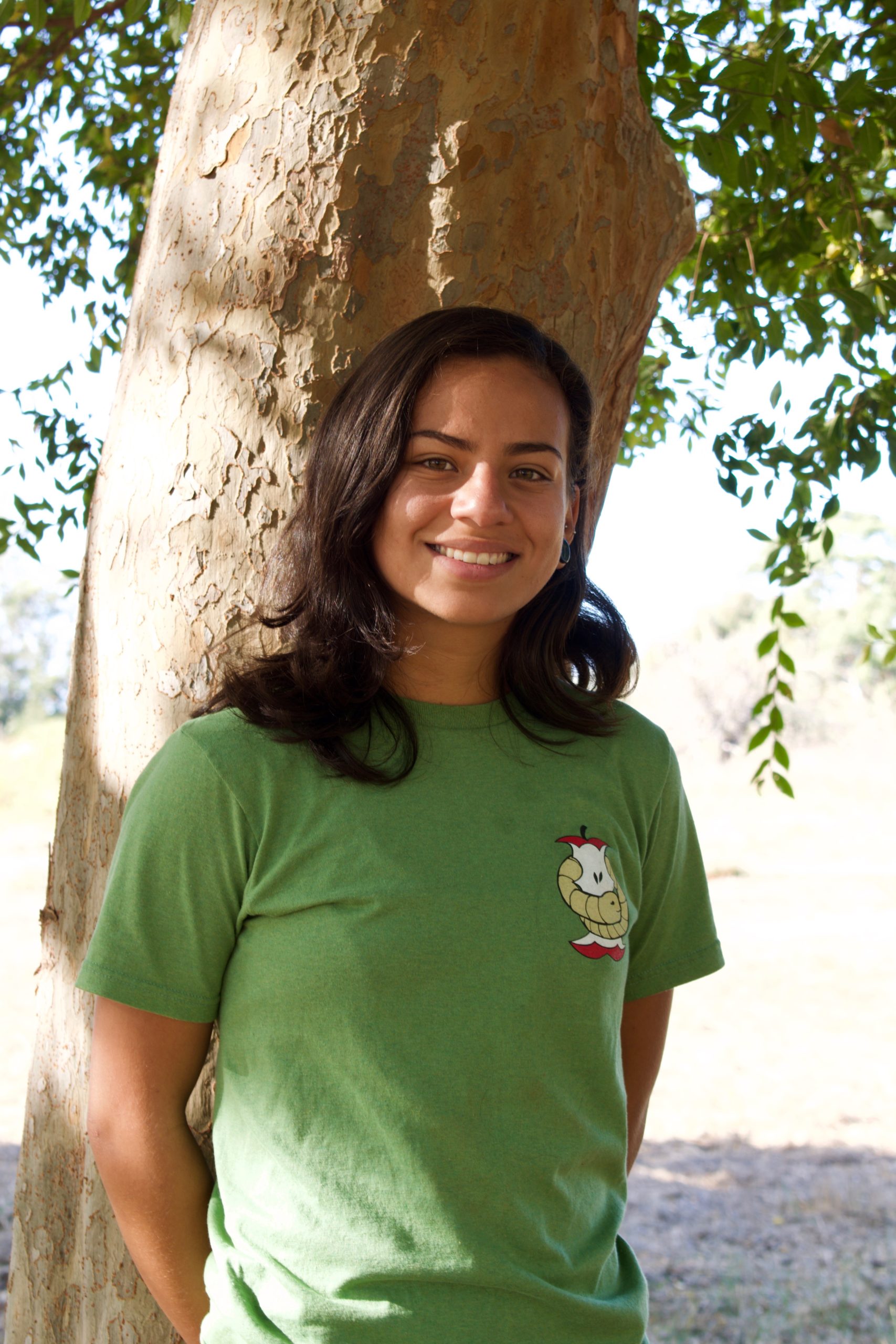
Angela
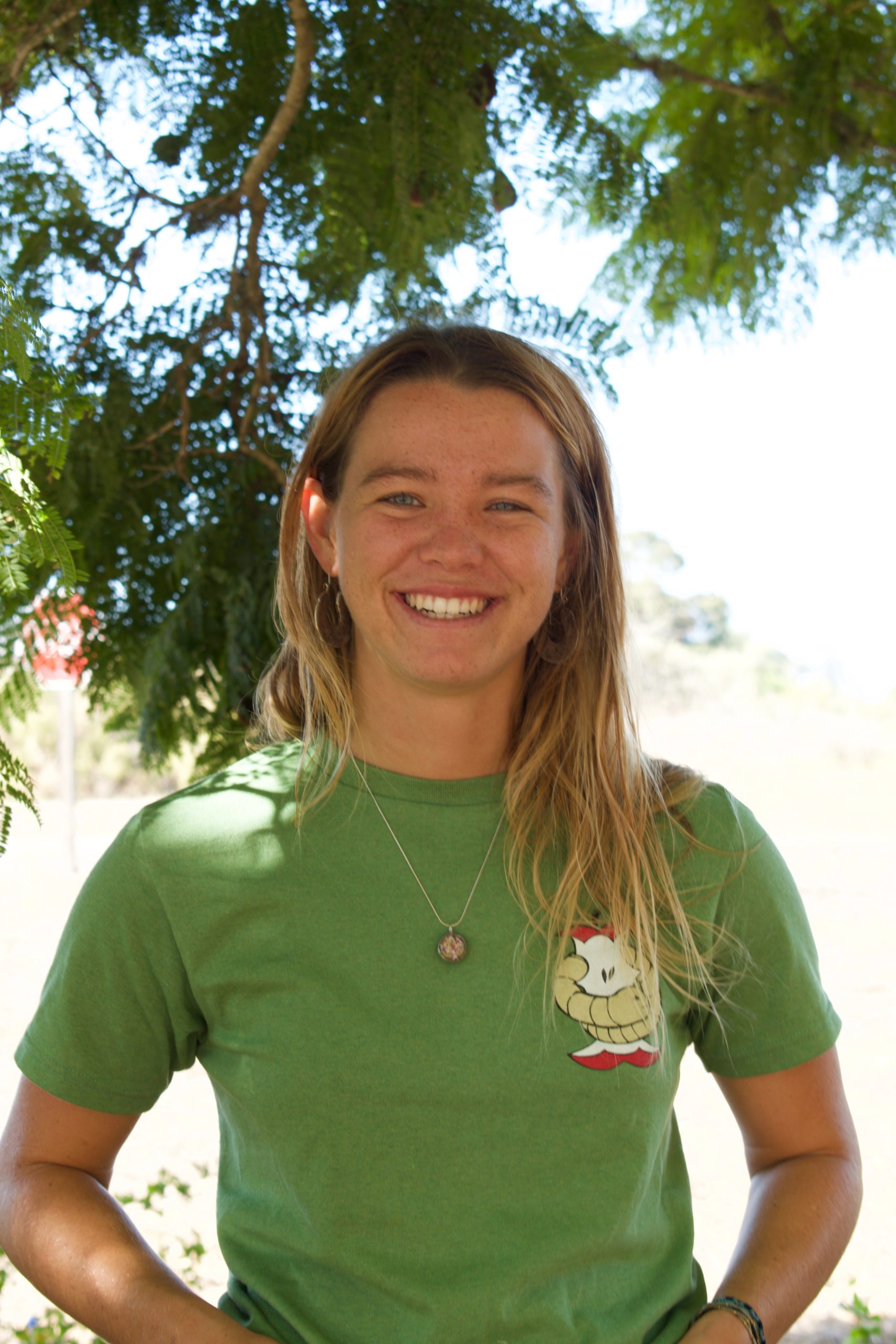
Emma
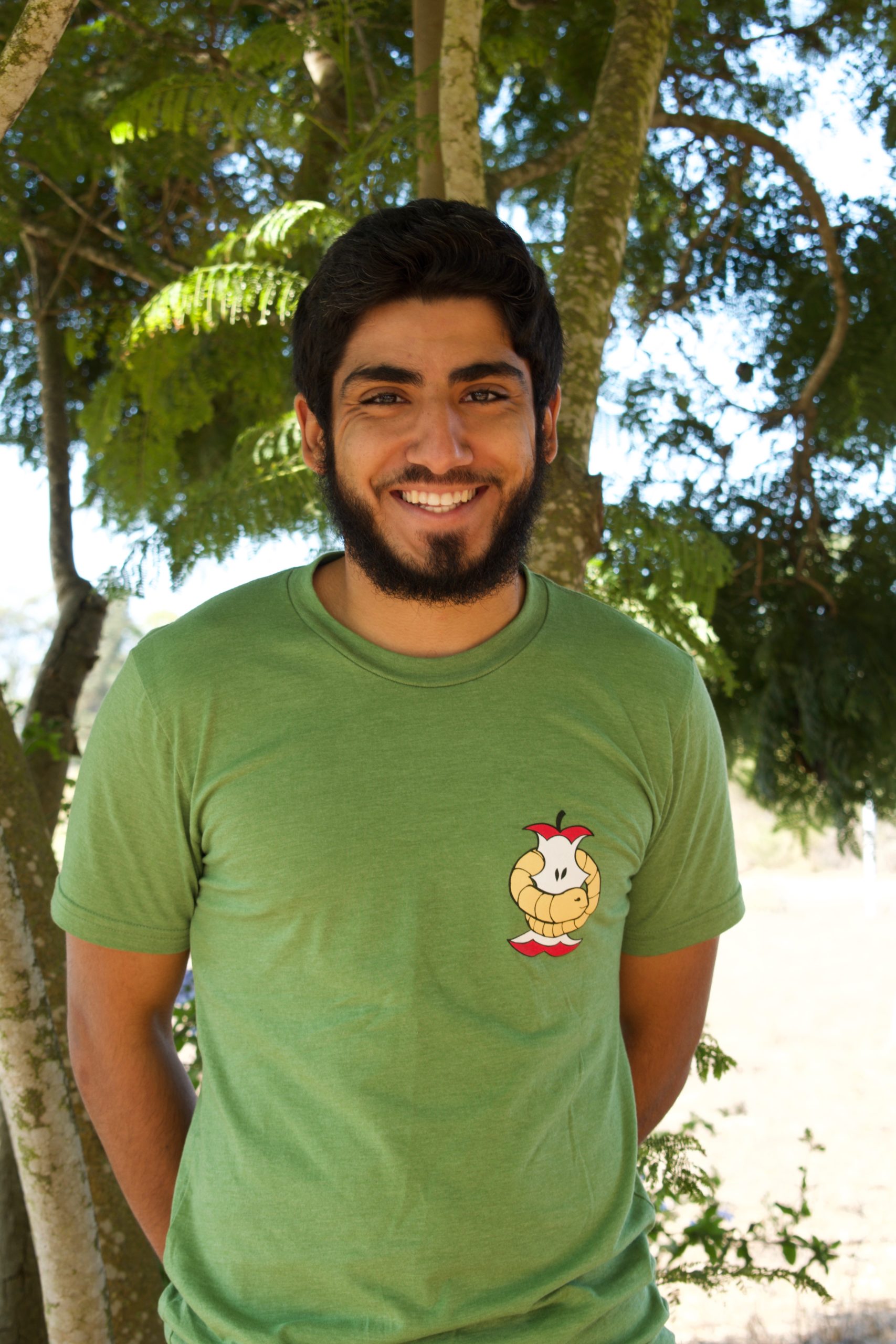
Omar

Lindsey

Nancy
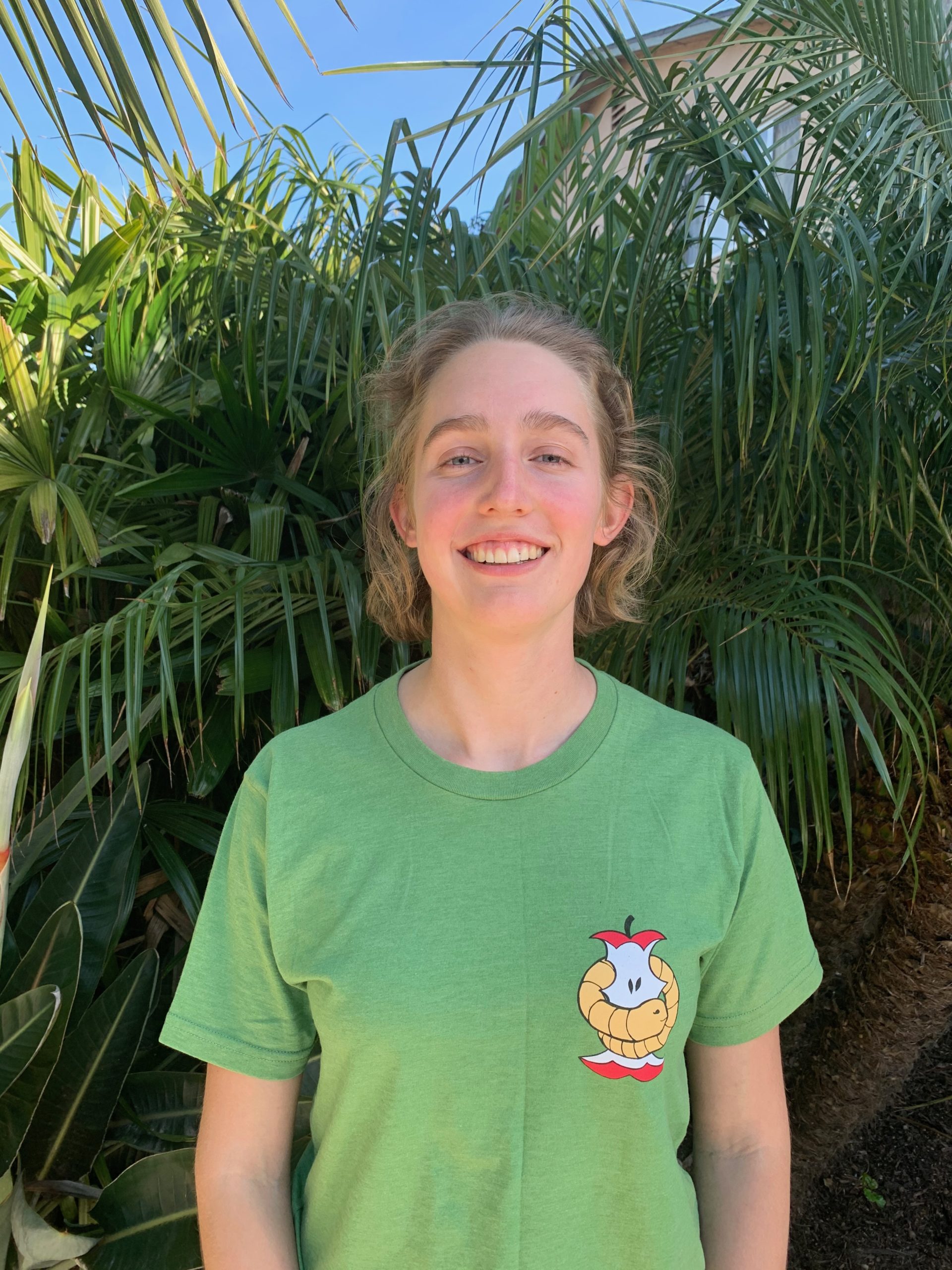
Margot
Student Coordinators
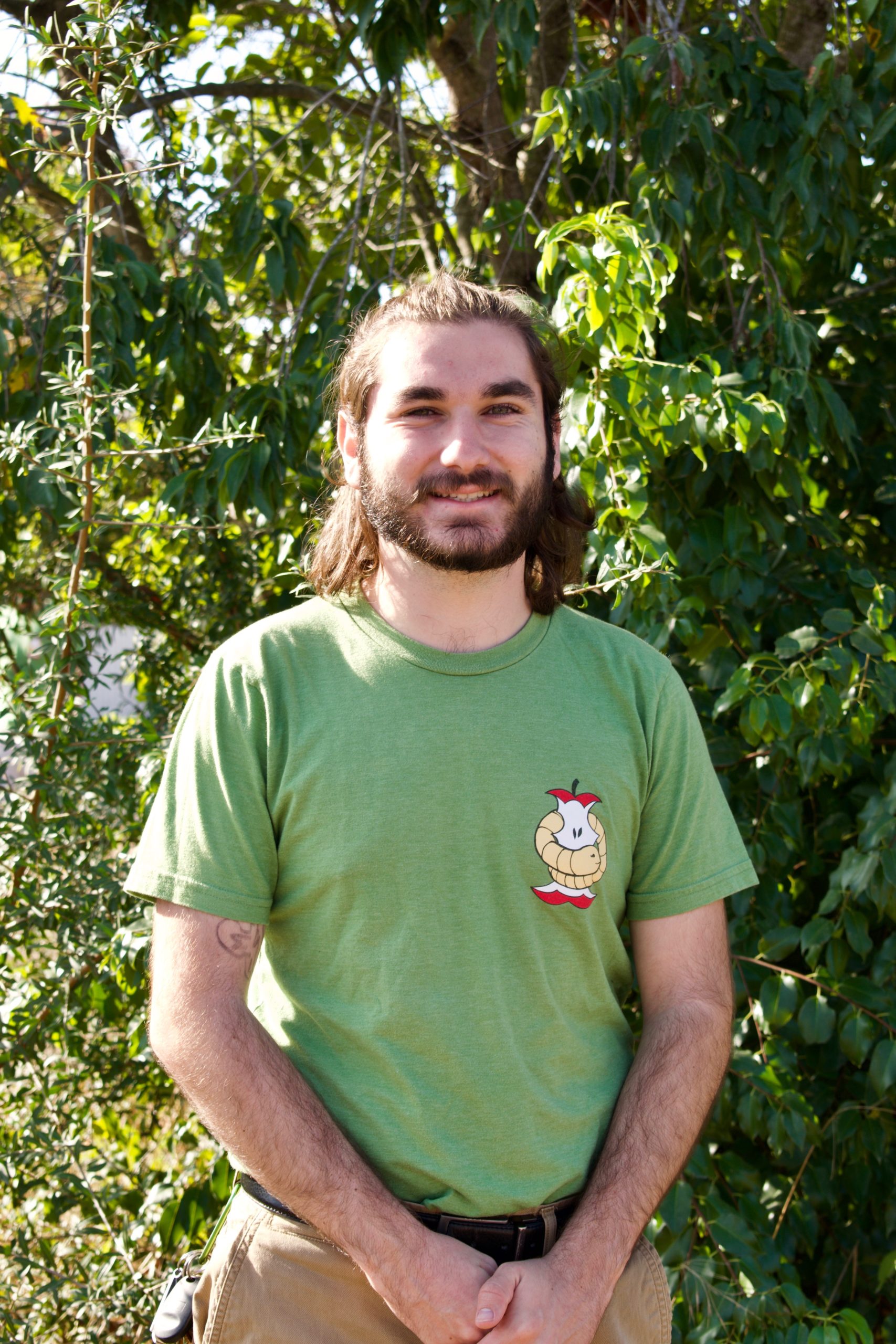
Eadan – Operations Coordinator
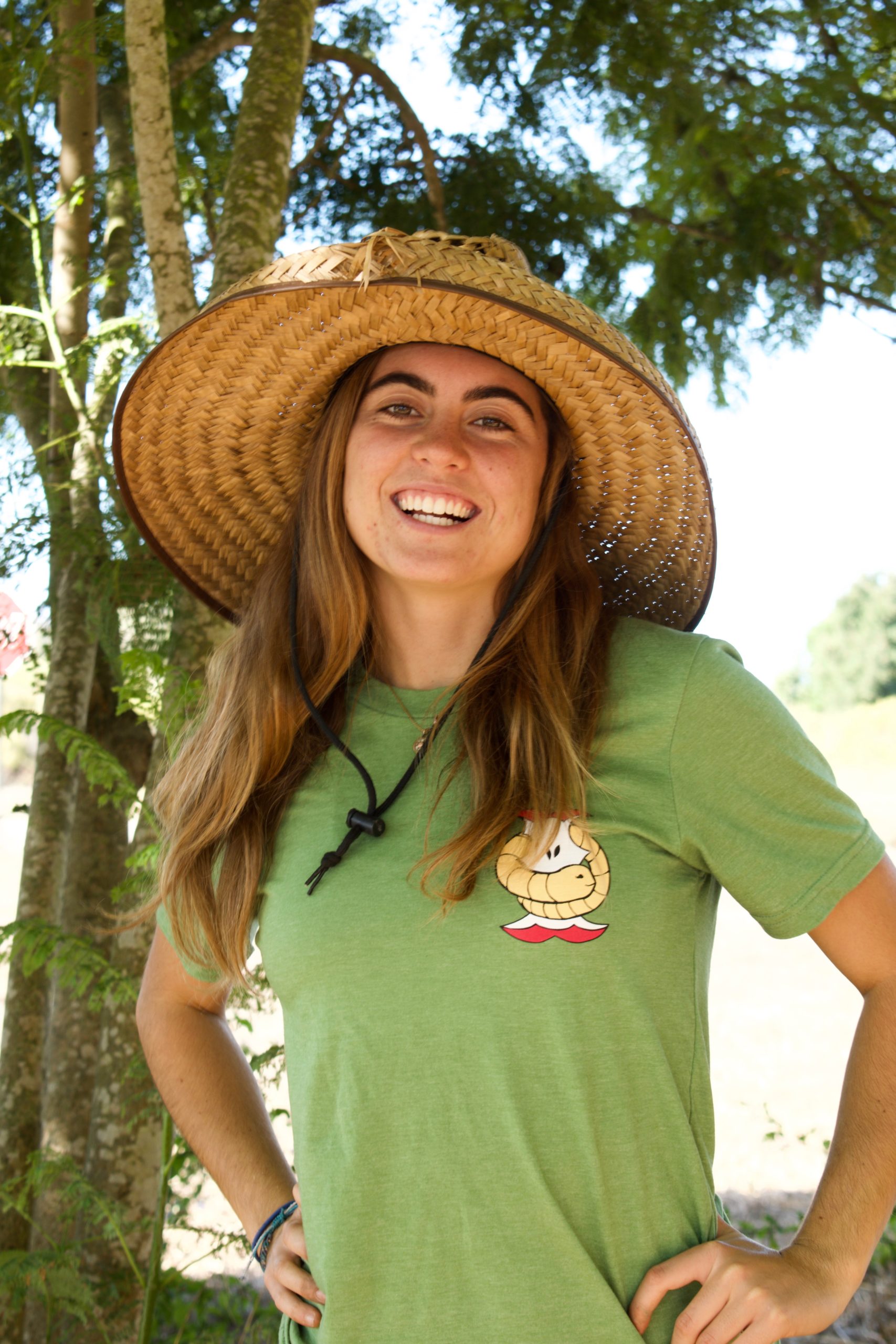
Inês – Operations Coordinator
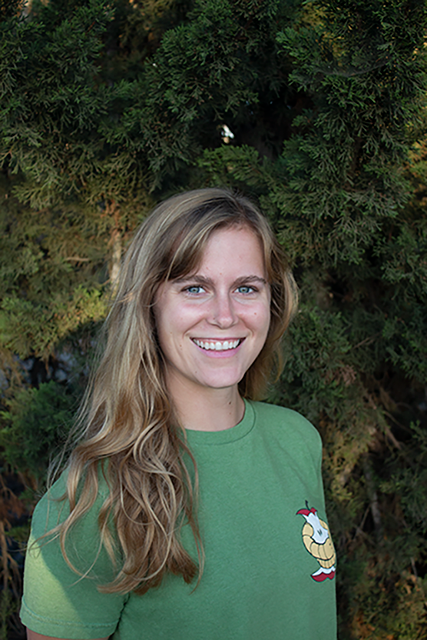
Kate – Outreach Coordinator
Supervisor
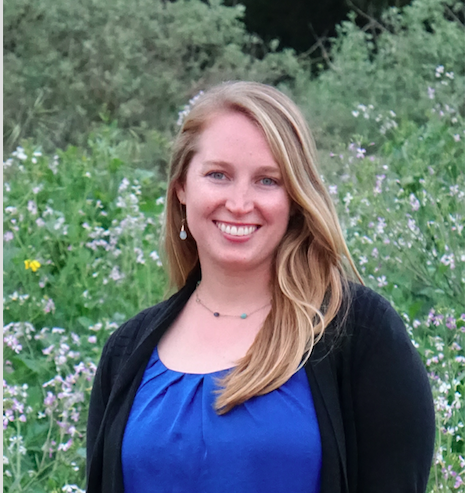
Jessica Schmitt – Recycling and Compost Program Coordinator
EDIBLE CAMPUS STUDENT FARM GRAND OPENING ARTICLE
Reaping What We Sow
From the seed of an idea, to seeds in the ground and now, to an actual harvest.
Seven months after the first garden beds were built and planted, the Edible Campus Student Farm at UC Santa Barbara is officially open, growing and providing fresh local produce for students. This milestone for the university’s efforts in sustainability and food security was marked by a ceremony featuring Chancellor Henry T. Yang and prominent alumni Kim and Jack Johnson, supporters of the project from the beginning.
“What’s so great about the student farm and what is growing here is what we’ve been doing in Hawaii: connecting kids to where their food comes from,” Kim Johnson said at the event. “UCSB was the place that we first connected to where our food comes from. That’s why we’re so excited about this student farm. It’s really amazing to see what it is now and what it will be in the future.”
An inaugural workday at the 12,000 square-foot parcel last spring saw construction of six garden beds and the installation of irrigation; nine more were erected over the summer, with more on the way. Plans call for 32 raised beds altogether, plus a greenhouse, which is forthcoming later this fall.
All the planting to date — a mix of seasonable vegetables — has been done using compost and soil amendments direct from the Department of Public Worms (DPW), a composting collective run by Associated Students, which oversees daily operations of the new farm.
“It’s been so much fun to watch this farm develop and slowly come together,” Jack Johnson agreed. “It’s fun for us to come here and work some days and to see it evolving. There are so many big concepts in life we can learn from a garden. For me it’s a place where I can say, a lot of my songs were written after a day of gardening and observing things and watching change.”
The Johnsons have been partners and mentors on Edible Campus, a multifaceted food sustainability initiative, since its inception and, through their Johnson Ohana Foundation, devoted donors to the project.
“The Edible Campus Student Farm will play a vital role in our campus sustainability practices and in our role to address the food security and basic needs of our community,” Chancellor Yang said in thanking the Johnsons. “We are working to ensure that our students have access to healthy, sustainable foods.”
Once all three Edible Campus installations — the orange trees, the tower garden and now, the farm — are in full production mode, UC Santa Barbara hopes to double, from 25,000 pounds to 50,000 pounds, the amount of fresh produce distributed annually by the A.S. Food Bank.
